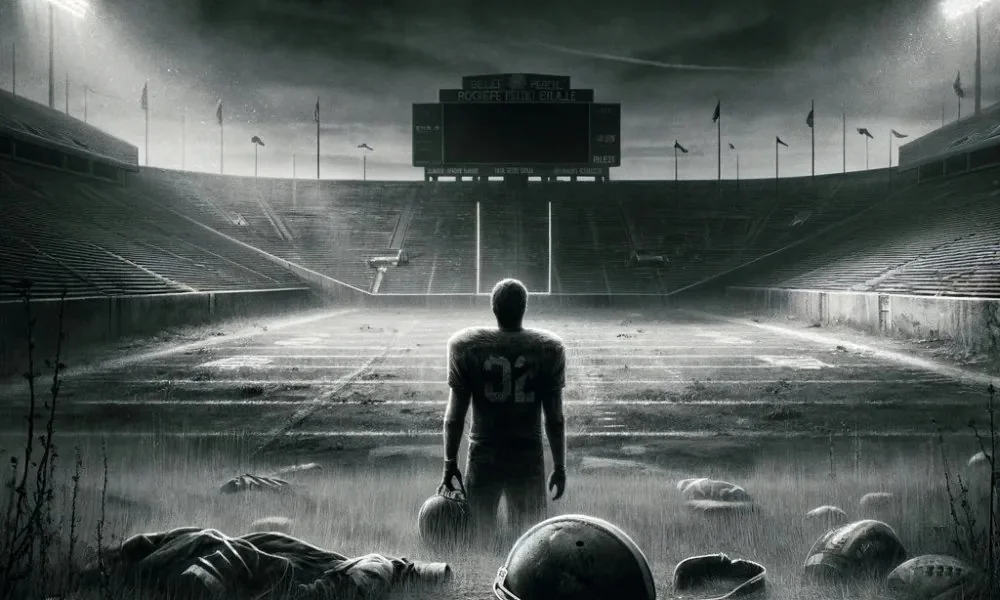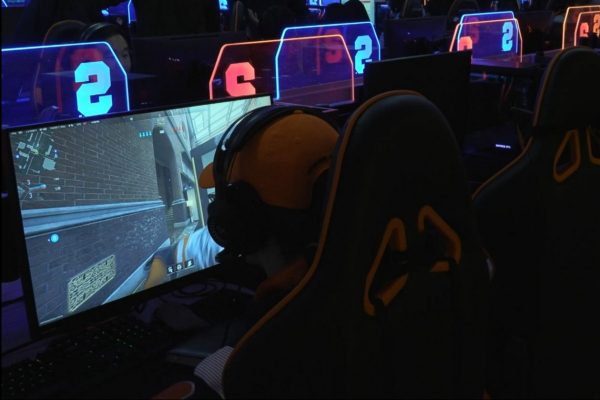
In the gaming world, cheats are often seen as shortcuts that allow players to bypass certain challenges or enhance their gaming experience. While cheating in multiplayer games can spark heated debates due to its effect on fairness and competition, the use of cheats in single-player games presents a different set of ethical considerations. In titles like Escape from Tarkov, players often turn to cheats such as WR cheats EFT to gain an edge or simply enhance their gameplay experience. But the question remains: is it morally acceptable to use cheats in single-player games, where no direct competition with others exists?
The Case for Cheating in Single-Player Games
At first glance, cheating in single-player games may seem like a victimless act. After all, there is no competitive component that would disadvantage other players. In this context, cheats like WR cheats EFT are often used by players who wish to alter the game’s difficulty, unlock hidden content, or simply experiment with new gameplay mechanics. The ability to modify a game in this way can provide an entirely different experience and allow players to explore aspects of the game that may otherwise be out of reach.
For many gamers, using cheats in a single-player setting is simply a way to enjoy the game in their own terms. Some players may find the difficulty of a game frustrating or time-consuming and, rather than abandoning it, turn to cheats to make the experience more enjoyable. In this way, cheats can be seen as a tool for customization, enabling players to tailor the game to their preferences without affecting the experience of others.
Additionally, cheats can also be used as a means of experimentation. WR cheats EFT, for example, can unlock features or mechanics that players may never encounter through normal gameplay. This opens up opportunities for players to test boundaries, manipulate game systems, and explore creative solutions to in-game challenges. For some, this kind of freedom is a valuable aspect of gaming, and cheats serve as a means to express their creativity and push the game beyond its intended limits.
The Moral Implications of Altering Game Experiences
Despite the argument that cheating in single-player games harms no one but the player, there are still moral questions to consider. The primary concern is whether using cheats undermines the intended experience crafted by the developers. Games are designed with specific challenges and progression systems that reflect the vision of their creators. By using cheats to bypass these elements, players may be altering or diluting the experience the developers worked hard to create.
In games like Escape from Tarkov, the sense of accomplishment is tied to overcoming obstacles, surviving in a hostile environment, and making strategic decisions under pressure. Using cheats like WR cheats EFT to gain advantages can make the game easier, but it also undermines the satisfaction that comes with accomplishing something through skill and perseverance. For some, the joy of gaming is rooted in the challenge and the personal growth that comes from overcoming difficulty. Cheats, in this sense, might take away the feeling of genuine accomplishment, reducing the value of the experience.
However, it is important to note that many single-player games are designed with flexibility in mind, allowing players to adjust difficulty levels or replay missions with different objectives. This recognition of diverse play styles suggests that developers understand that not every player experiences the game in the same way. If the option exists to modify the game to suit one’s preferences—such as through difficulty settings or built-in cheats—then using additional cheats may not be as morally problematic as some might think. It all depends on the player’s approach and intent.
Finding a Balance: Respecting the Game vs. Enjoying the Freedom
The morality of using cheats in single-player games ultimately boils down to personal choice and perspective. For some, cheats are a harmless way to unlock the full potential of the game without the pressure of time constraints or the challenge of difficult mechanics. For others, the use of cheats may feel like an act of disrespect toward the developers, bypassing the game’s intended challenge and rewarding shortcuts rather than skill.
In the end, the line between ethical and unethical use of cheats in single-player games is often subjective. What is clear, however, is that the impact of cheats in single-player settings is vastly different from their use in multiplayer environments. The absence of competition with other players means that cheating has no direct negative consequences for others, leaving the morality of the act to be evaluated based on how it affects the player’s own enjoyment and the integrity of the game’s design.
As the gaming landscape continues to evolve, the ability to modify and experiment with game content will likely remain a significant aspect of the experience. For some players, WR cheats EFT and other cheats will continue to be a tool for unlocking new forms of creativity, while others may choose to embrace the challenges and progression intended by the developers. Ultimately, whether using cheats is moral or not depends on the individual’s values and approach to the gaming experience.




